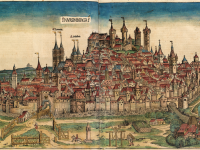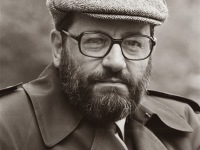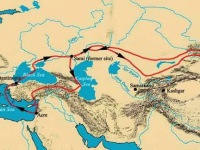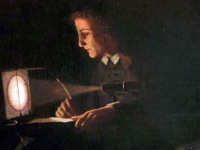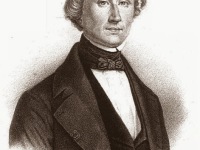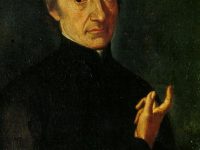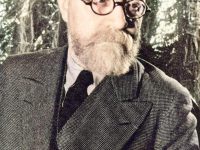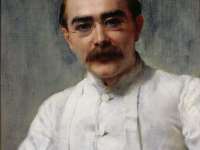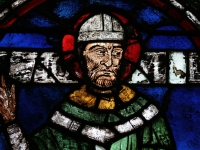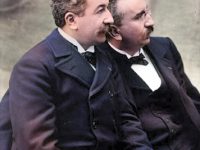Ulman Stromer and the First Paper Mill North of the Alpes
On January 6, 1329, German long-distance trader, factory owner and councillor of Nuremberg Ulman Stromer was born. Stromer established the very first permanent paper mill north of the Alpes, at the Pegnitz river not far from the city of Nuremberg. “In the name of Christ, amen. Anno Domini 1390, I, Ulman Stromer, started at making paper on St. John’s day at the Solstice, and began to set up a wheel in the Gleissmühle,…
Read more











